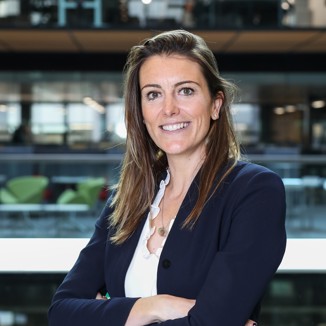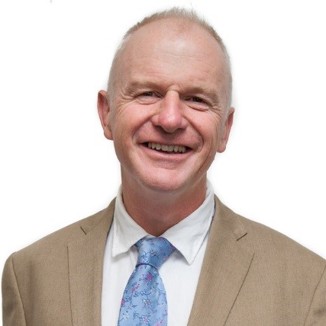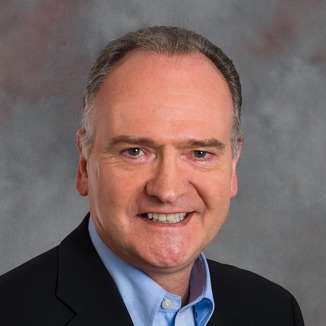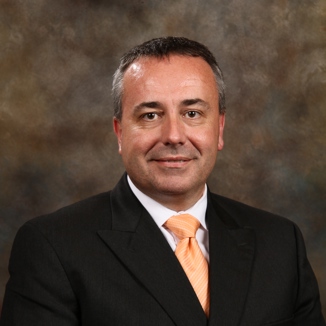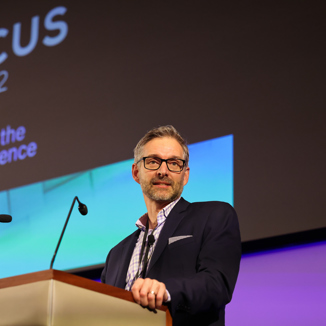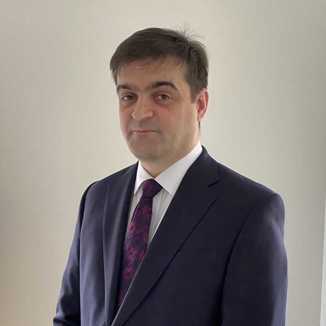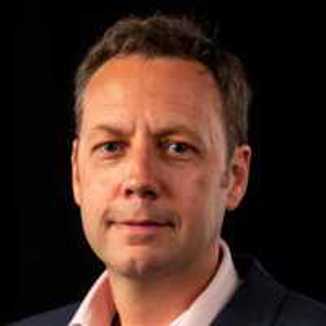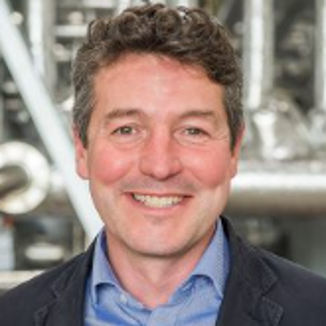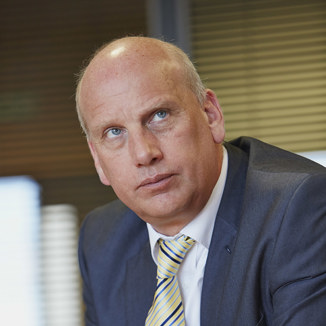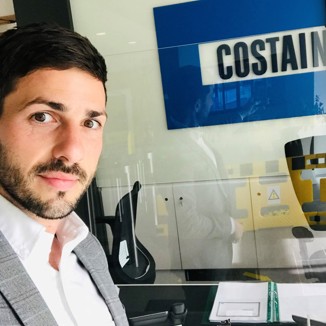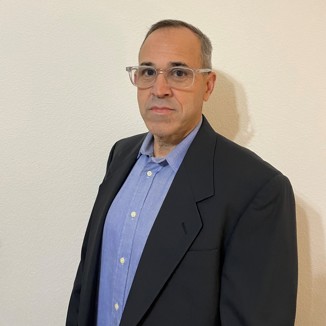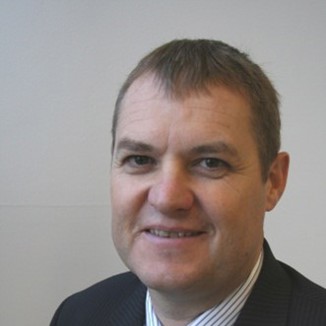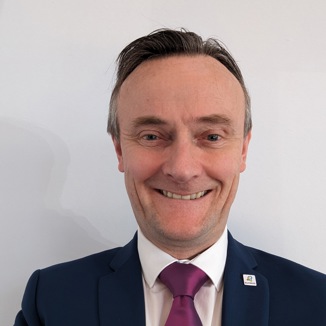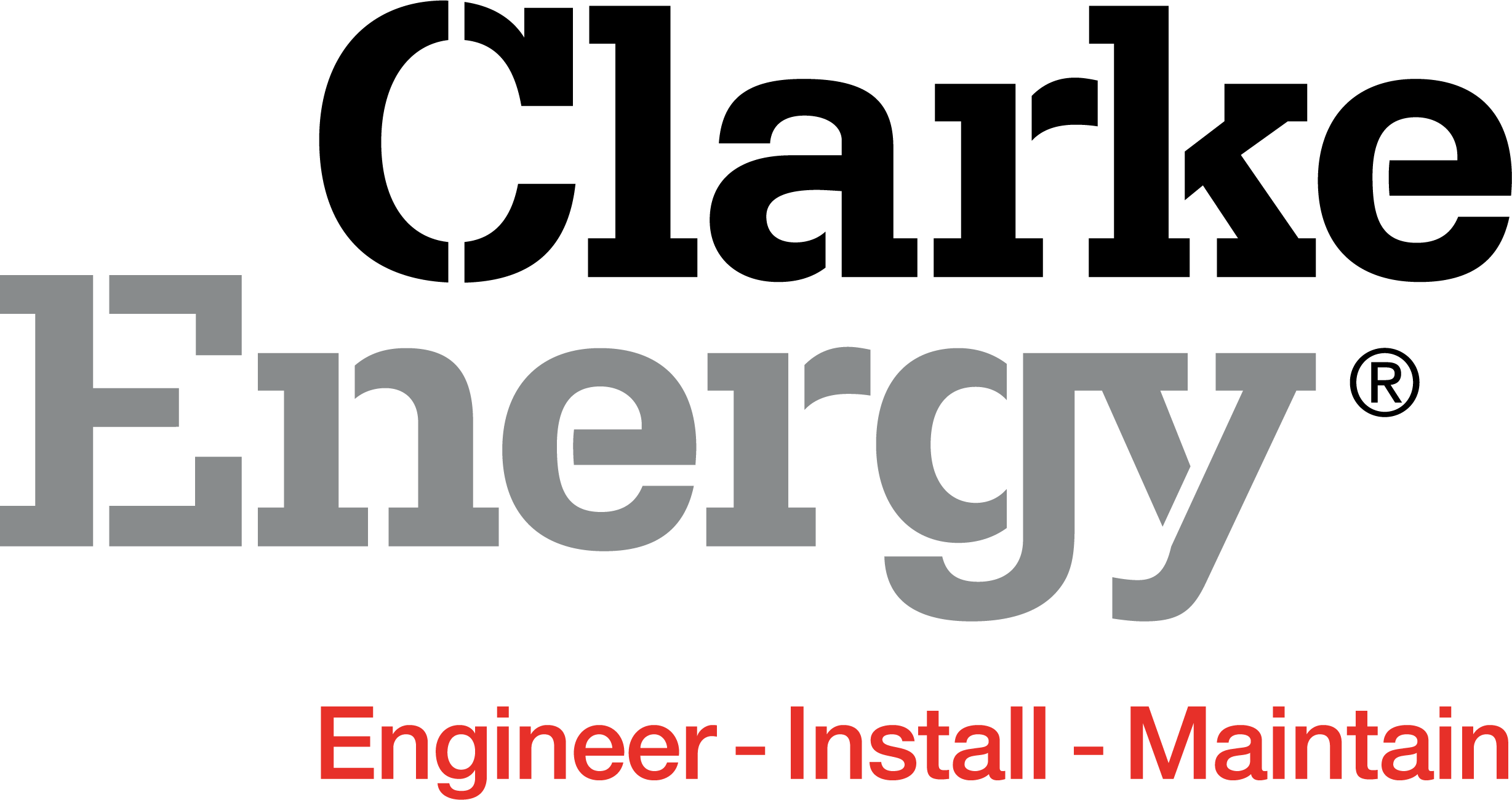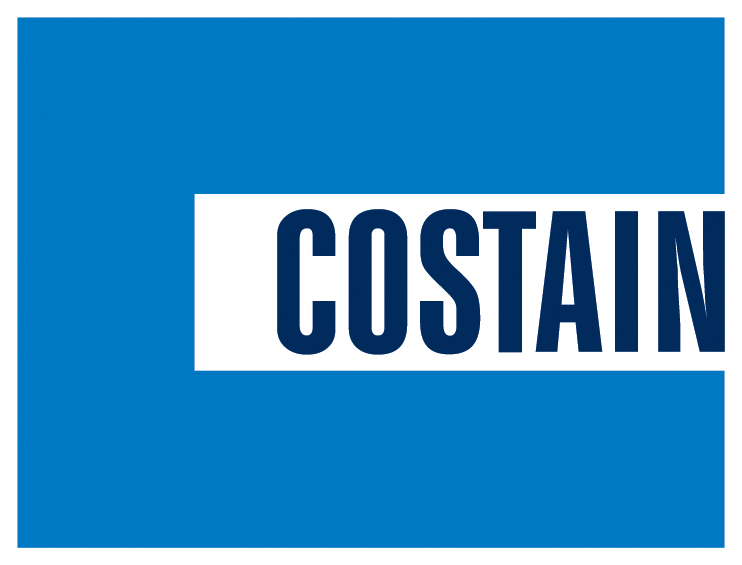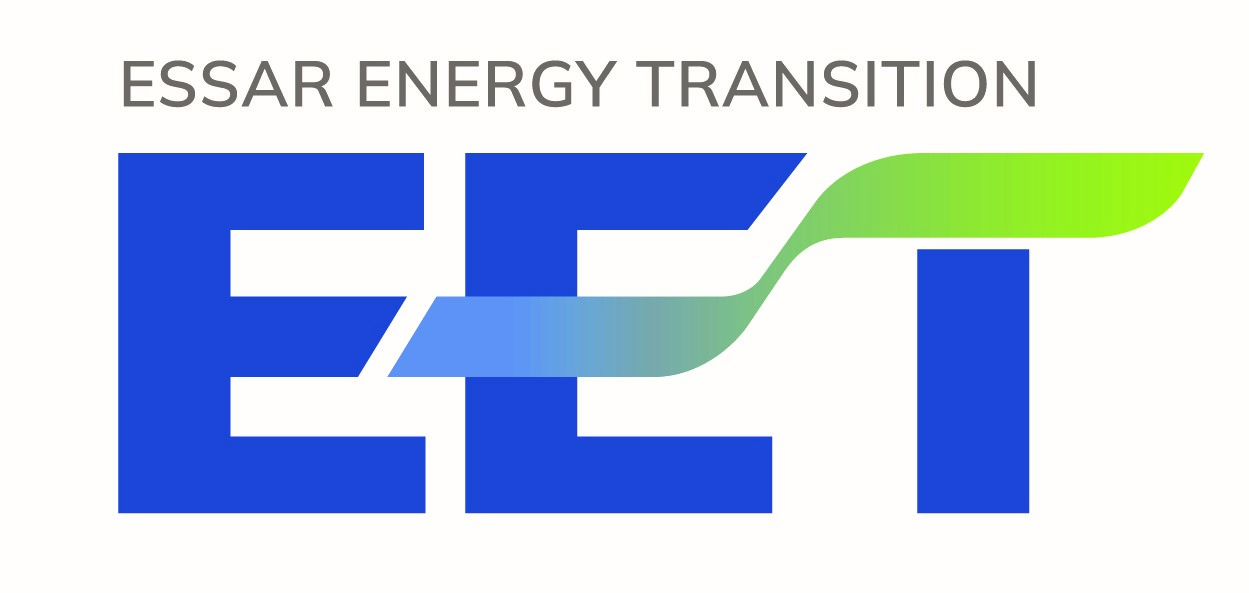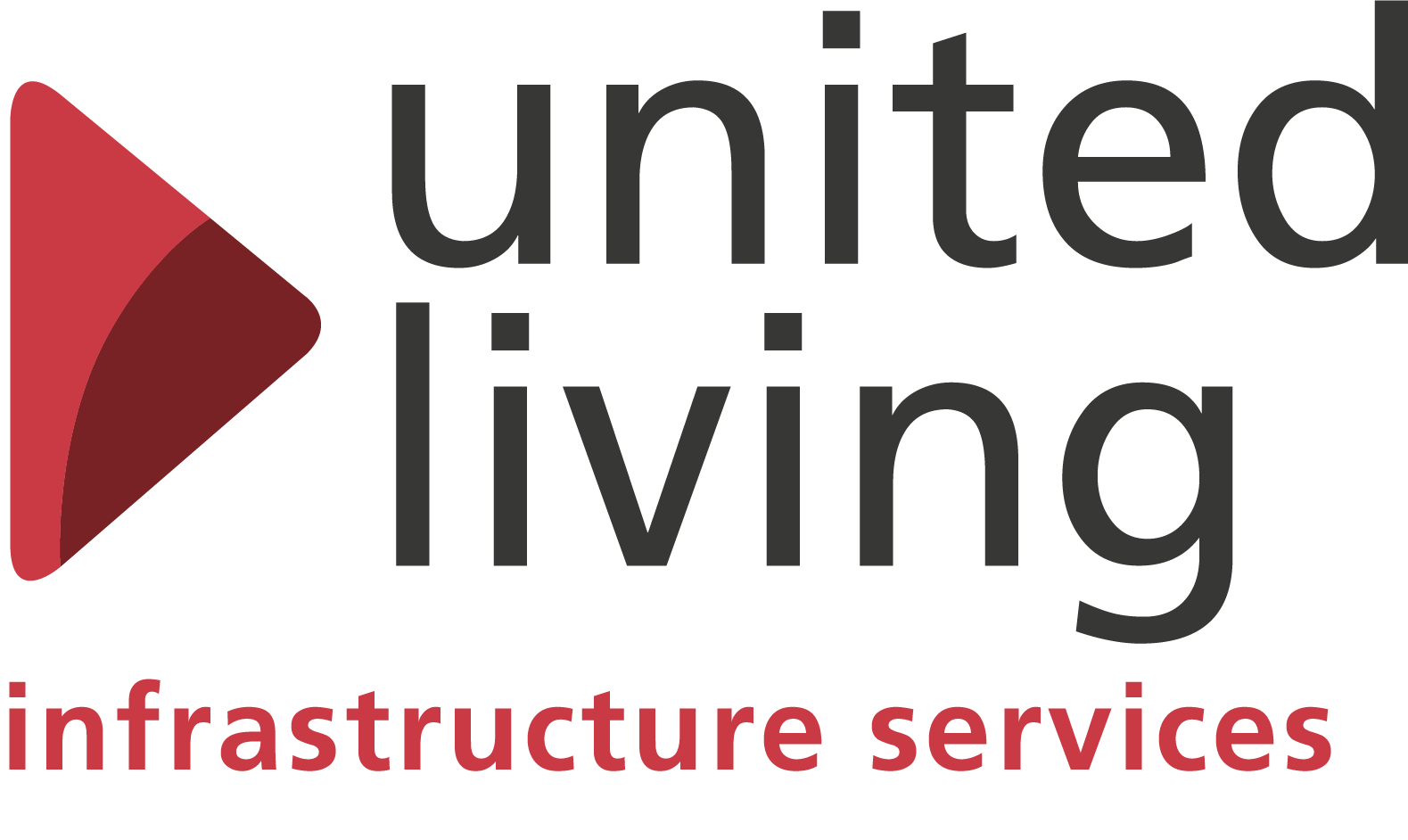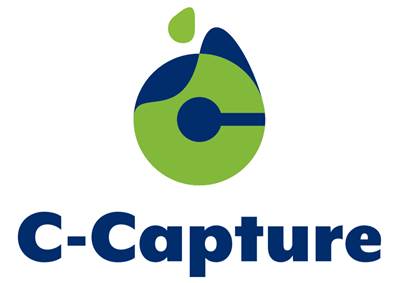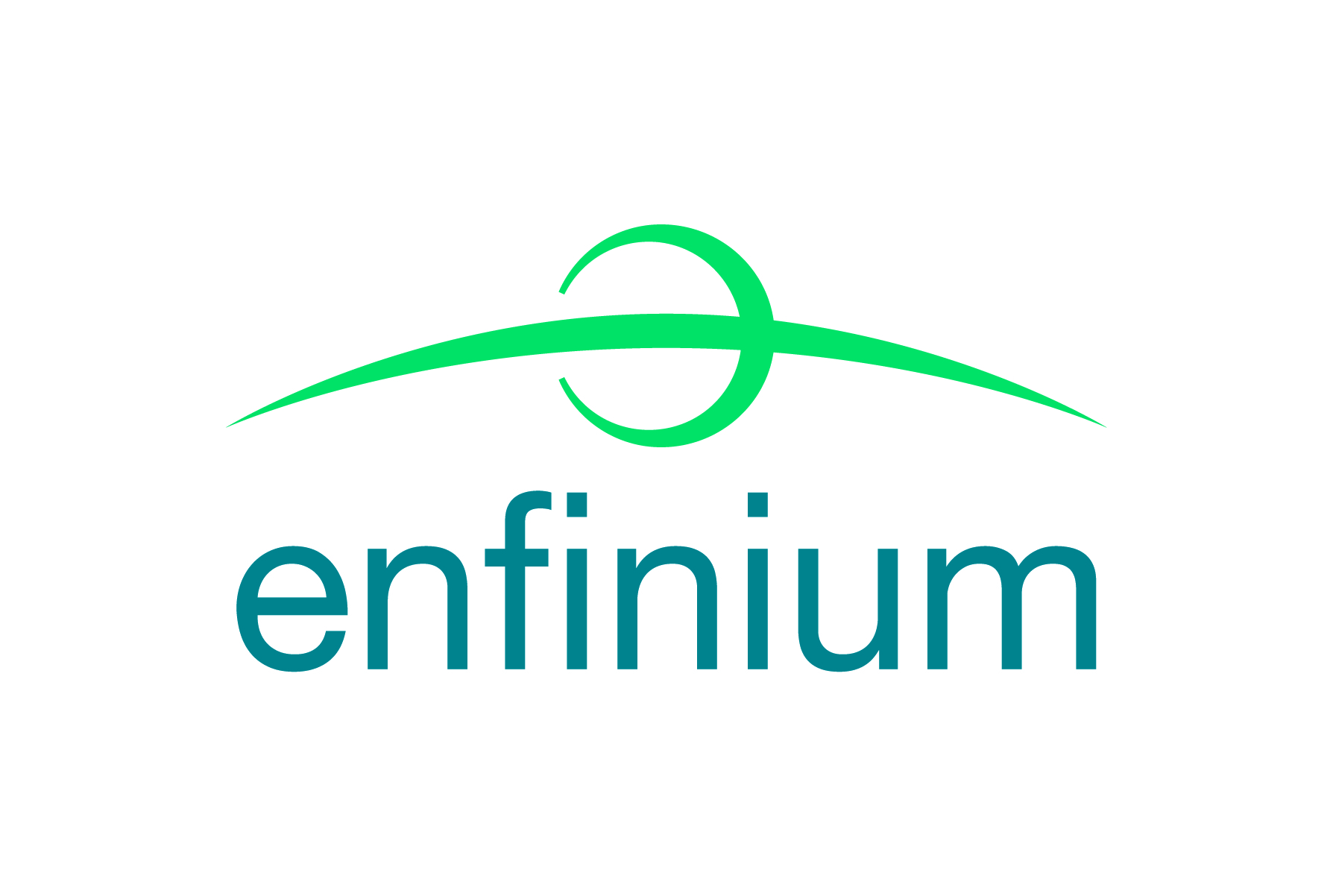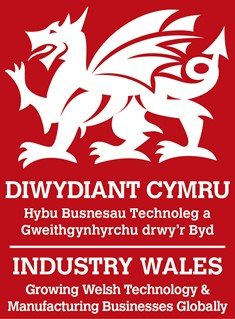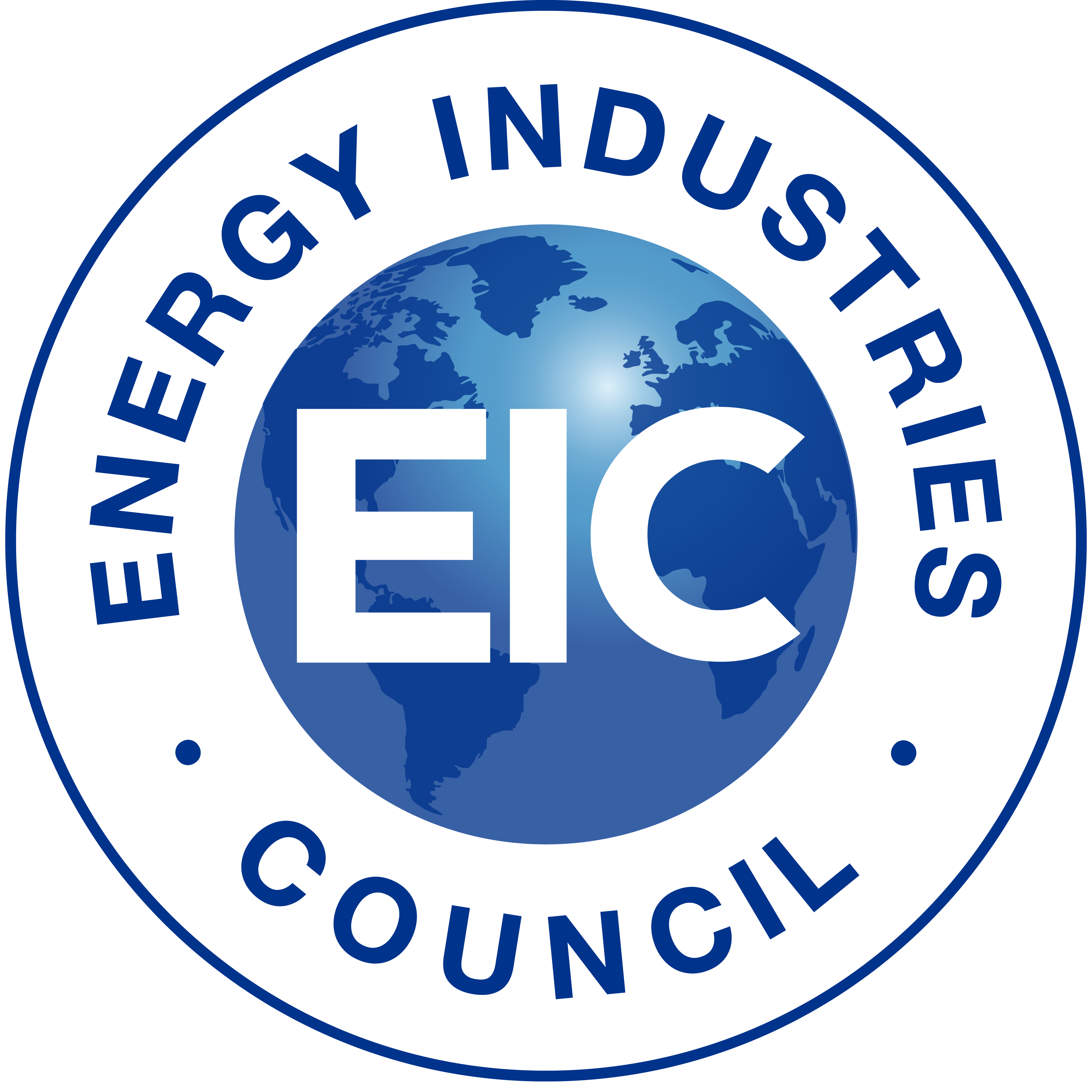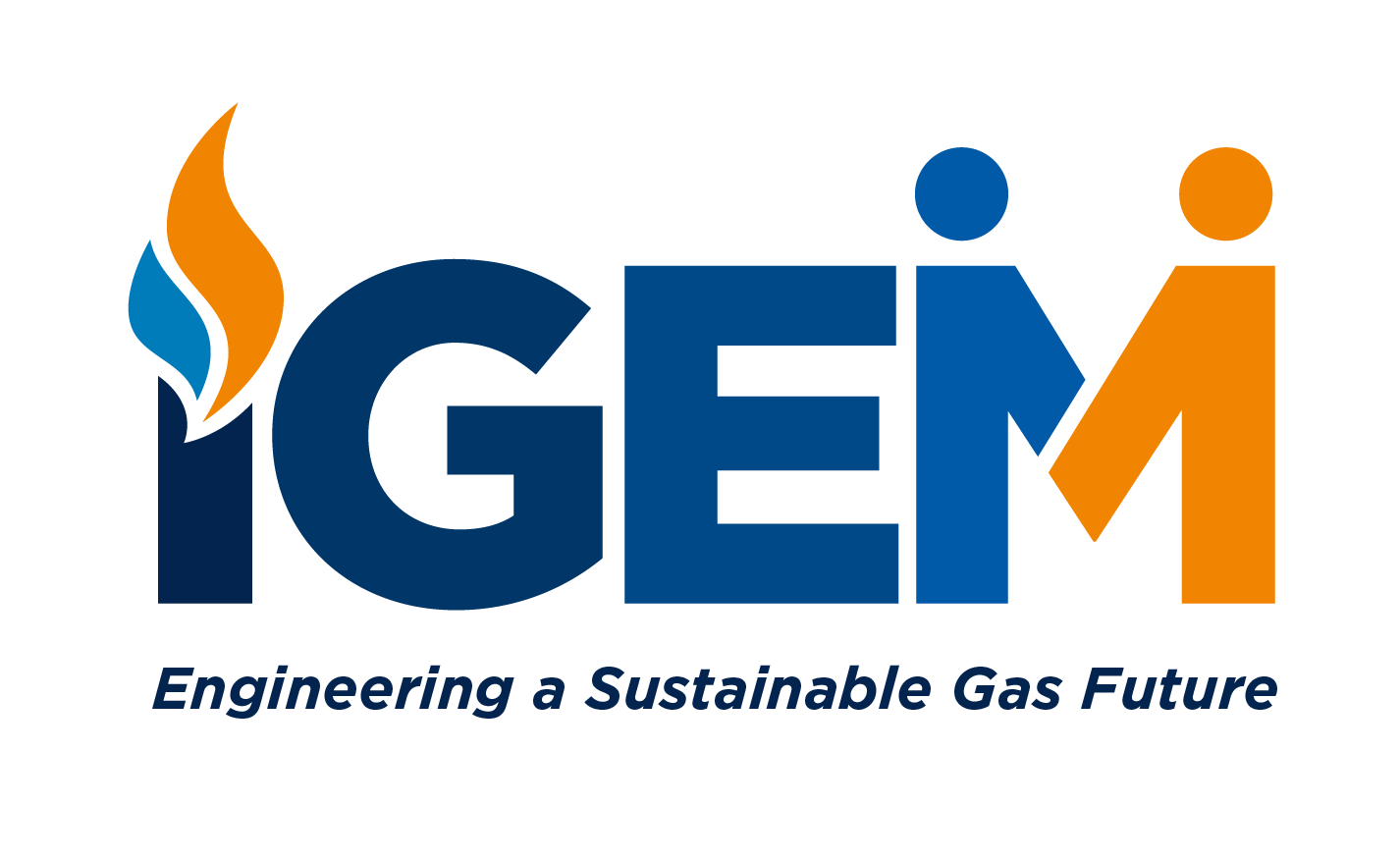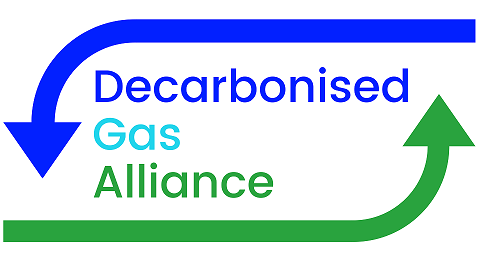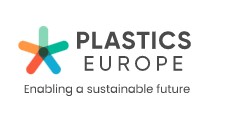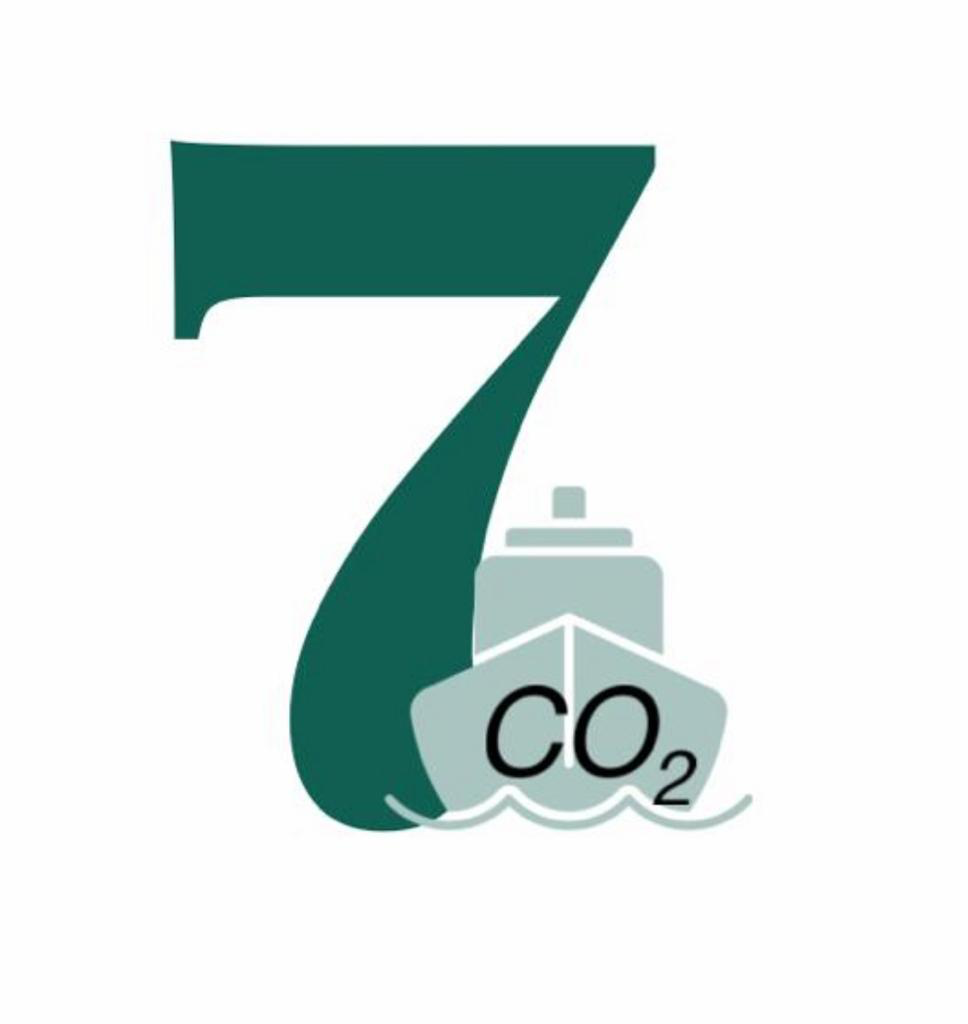With the UK needing to ensure its own homegrown energy for the future this session will review the different green hydrogen production projects across the UK. Also, with the hydrogen rainbow colour spectrum in place we will also look at the different ways to produce hydrogen.
-
8:00
Alberta – UK Breakfast Roundtable:
Meet with a trade delegation of industry leaders to discuss hydrogen and CCUS projects and opportunities in Alberta, Canada. Industry leaders, UK and Canadian federal as well as provincial government representatives, and dedicated business associations will be presenting the Province of Alberta’s hydrogen and CCUS ecosystem and potential opportunities for UK companies to participate in it. Limited space.
8:00-9:00 am
Register your interest via email: kaitlin.boyd@fcdo.gov.uk
-
9:05
Chairs opening address: Brett Ryan, Head of Policy and Analysis, Hydrogen UK
-
9:10
Michael Foley, UK Low Carbon Solutions Venture Executive, ExxonMobil
"Opportunities for low carbon investment in the UK"
The energy transition is an exciting growth prospect for the UK. Large scale investment is required in energy and industrial infrastructure over the coming decades in order to meet our stated climate ambitions. Whilst the UK is seen as a leader in many aspects of decarbonisation, and has already achieved significant milestones in some sectors, further opportunities exist to cement the UK as a global leader in hard to decarbonise sectors such as industrial decarbonisation and heavy transport. ExxonMobil plans to play a leading role in the energy transition, providing affordable and reliable energy, reducing emissions from its operations and growing opportunities in hydrogen, CCS and biofuels.
-
9:30
Colin Robinson, UK Business Manager, Evides Industriewater
"Getting water to Holland Hydrogen 1"
Europe’s first large scale Green Hydrogen Plant also called for Europe’s first large scale Green Hydrogen Water Supply Agreement. Find out how plug and play infrastructure in the Port of Rotterdam is enabling the acceleration of Hydrogen projects in the Netherlands and how the UK industrial clusters can benefit from this way of thinking.
-
9:50
Guy Phillips, Team Lead Business Development Hydrogen UK, Uniper Energy
"Uniper's low carbon hydrogen production projects"
An overview of Uniper's low carbon hydrogen production development projects
-
10:10
Adish Jain, Director, Process Technology, & Samantha Nicholson, Process Engineering Manager and Fellow, Fluor
"Carbon Capture in Large Scale Hydrogen Plant using Physical Solvent"
Recently, several large-scale blue hydrogen manufacturing units have been announced. These plan to utilise technology options such as Autothermal or Partial Oxidation due to their lower carbon footprint with the ability to achieve significantly higher production capacities in a single process train. The design of associated carbon capture process with conventional chemical based solvent in a single train is challenging due to the size of the low pressure regeneration and associated reboilers. This difficulty can be overcome with the use of a physical solvent, such as propylene carbonate as an alternative, well proven in carbon capture applications. The propylene carbonate solvent loading is a function of CO2 partial pressure and solvent can be regenerated by simple flashes without any need of a regenerator column, reboilers or steam. With customized configuration, the process is capable of producing 99 mol% pure CO2 at 99% CO2 recovery. A design check for a single train CO2 capture capacity of 4 million tons per annum has been carried out and, should the requirement arise, even higher single train CO2 capture capacities are possible.
-
10:30
Hannah Brownin, Director of Business Development, SSE
"Unlocking the Hydrogen Value Chain"
-
10:50
Q&A
-
11:00
Coffee & Networking Break
-
11:45
David Parkin, Project Director, HyNet
‘HyNet – Moving a Track 1 cluster into project execution’
-
12:00
Richard Holden, Project Manager for the first Hydrogen Production Plant, Vertex
"Vertex - developing a 1,000MW+ UK hydrogen project”
Vertex is a leading hydrogen production project in the UK - update on progress and plans
-
12:15
James Watt, Hydrogen/CCUS Consultant, WSP
“Key trends in Hydrogen developments”
WSP is currently delivering Hydrogen projects across the globe from underground gas storage through production, pipelines and integrated schemes. Some of these projects have common trends and themes that are key learning points for developments and the sector going forward. WSP will discuss some of the key trends in these projects touching on development, resource and supply chain challenges and some of the key learning points we have experienced in the sector. We will discuss the relationship between CCCS and Hydrogen, particularly around industrial clusters and CCS enabled low carbon power producers and some of the common issues in CCS and hydrogen infrastructure. Finally we will discuss the key issues around communication and planning as well as the integration of storage to ensure that we have a working hydrogen system.
-
12:35
Alan Acquatella, Pipeline & New Energies Infrastructure Segment Leader, Schneider Electric
“UK CCUS & Hydrogen Project Challenges and How to Overcome Them”
Alan will begin by reviewing the challenges of UK CCUS & Hydrogen projects.
Case studies will then be presented to illustrate the available solutions across the different phases of a typical project.
This will include approaches to reducing CAPEX risk, optimising OPEX and operations and achieving end to end digitization by enabling a meaningful Digital Twin for the lifetime of the asset, thus getting the best TOTEX value on your investment.
-
12:55
Q&A
-
13:05
Lunch & Networking
DWF Roundtable "How to de-risk CCUS and hydrogen development in the UK"
Following the publication of our report 'Creating a Market for Hydrogen' last year and our new market report 'Has the time come to scale-up CCUS?, we will be hosting a round table to discuss the key challenges facing the CCUS and hydrogen markets, from policy and legislation through to funding, bankability and development, and assessing the emerging routes to market.
Hosted by Darren Walsh, Partner , Global Head of Energy and Natural Resources & Andrew Batterton, Partner
Invitation only
-
14:05
Chairs opening address: Brett Ryan, Head of Policy and Analysis, Hydrogen UK
-
14:10
Steve Hill Global Development Director Hydrogen, Bilfinger
“Hydrogen: Can it shed its colourful past and pave the way for a greener future?”
The presentation will explore how we use and produce Hydrogen currently; the complementary offerings we can include to make the projects more attractive, such as CO2 sequestration and H2Dry. Finally, a glimpse into the future, looking at which technologies might offer the lowest cost per kg and hence make Hydrogen a viable economic alternative to legacy hydrocarbons, helping us to achieve 2030 and 2050 NetZero targets.
-
14:30
Paul Rose, Regional Development Manager, SGN
"Delivering a system transformation of the Southern Gas Networks"
Overview of SGN’s decarbonisation strategy which aims to enable the conversion of the Gas Networks to 100% Hydrogen and stimulate the Hydrogen economy.
-
14:50
Stu Baker, Project Director, Solent Cluster
"Beyond Decarbonisation"
How the Solent Cluster's unique membership profile represents an opportunity to benefit communities, industry and commercial sectors
-
15:10
Q&A
-
15:20
Coffee & Networking Break





